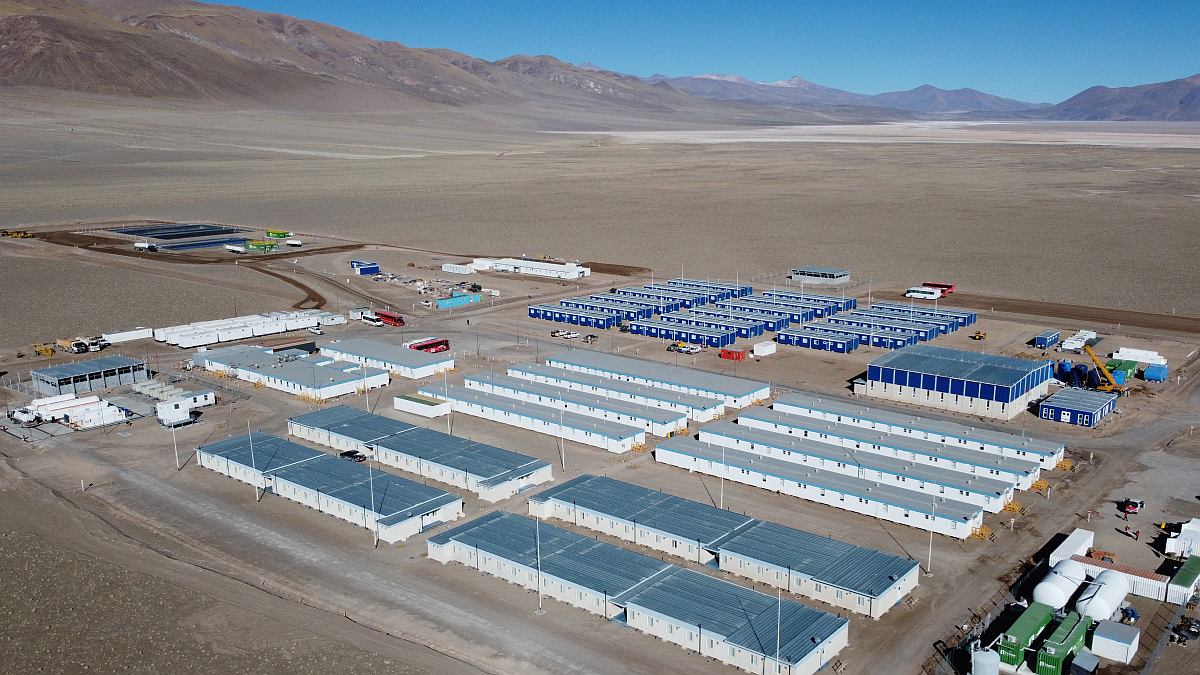Argentina needs a new development agenda. Not one of temporary adjustments or patches to the situation, but a clear, ambitious and sustainable strategy that transforms the country into the next 30 years. The challenge is huge, but so is the opportunity: Duplicate the internal gross product (GDP) and drastically reduce inequalities between the provinces.
Today, the Argentine productive structure is strongly concentrated. Buenos Aires, Córdoba, Santa Fe and the City of Buenos Aires generate almost 70% of GDPwhile the other 20 jurisdictions contribute barely 30%. In the north, the situation is critical: social and economic indicators that, in some cases, resemble those of sub -Saharan countries; and in the PBG per capita center similar to OECD countries. This gap is not only an equity problem, but a brake on the development of the country as a whole.
Argentina cannot grow with a hyperdeveloped center and relegated peripheries. It is possible to generate three “wet pampas” in the country.
We need a new development pact that balances opportunities throughout the territory. For that, we propose an agenda based on four fundamental pillars:
1. A new federal co -participation
The current co -participation scheme is obsolete and inefficient. Not only does it fail to reduce asymmetries, but in many cases deepen them. It is time for a reform that guarantees a more equitable distribution of resources. In this sense we have written a book that raises a valid alternative to the constitutional mandate of 30 years ago. This would allow all provinces to have the resources to invest in their own development, instead of depending on discretionary transfers.
2. Infrastructure for productive integration
Without roads, without railroads, without efficient ports or modern energy networks, any development attempt will be a mirage. Argentina needs a massive investment in infrastructure that allows connecting regions and facilitating trade. In the north, for example, the concretion of the bioceanic corridor is not a luxury: it is the key to converting the region into a key logistics and productive pole in South America.
3. Bet on strategic sectors
If we want to get out of the trap of primarization and stagnation, we must enhance the sectors with the greatest growth potential:
– Sustainable mining: Argentina is a power in lithium and copper. The challenge is to develop the industry with environmental standards and value aggregation that position us as global leaders.
– Clean energy: Renewables, from solar in the north to wind in Patagonia, can become net exporters of energy.
– New foods: Biotechnology and agribusiness can position us as protagonists in the production of functional foods, alternative proteins and other avant -garde developments.
– Knowledge Economy: Argentine talent is competitive worldwide. The key is to generate conditions for the software industry, biotechnology and knowledge -based services to expand throughout the country.
– Tourism: Argentina is a privileged destination, but its infrastructure and promotion are far from its potential. With a well -designed strategy, we can double the number of visitors and the economic impact of the sector.
4. Human capital development
There is no possible growth without education. Talent formation must be a state policy, aligned with the productive needs of each region. Universities, technical institutes and the private sector must work together to form the profiles that the market will demand in the coming decades.
A National Development Pact
All this requires more than good ideas: political will, long -term agreements and a shared vision are needed. Argentina cannot continue tied to improvisation or sterile discussions that do not lead to anything. It is time for all sectors – government, entrepreneurs, unions, academia and civil society – to work together in a concrete roadmap.
The country has talent, resources and the ability to grow. But that growth will only be sustainable if it reaches every corner of Argentina. It is not a utopia, but a decision: Build a country where development is a reality for all and not only for a few.
.- Roberto Dib Ashur is Minister of Economy of Salta
Source: Ambito
I am a 24-year-old writer and journalist who has been working in the news industry for the past two years. I write primarily about market news, so if you’re looking for insights into what’s going on in the stock market or economic indicators, you’ve come to the right place. I also dabble in writing articles on lifestyle trends and pop culture news.




